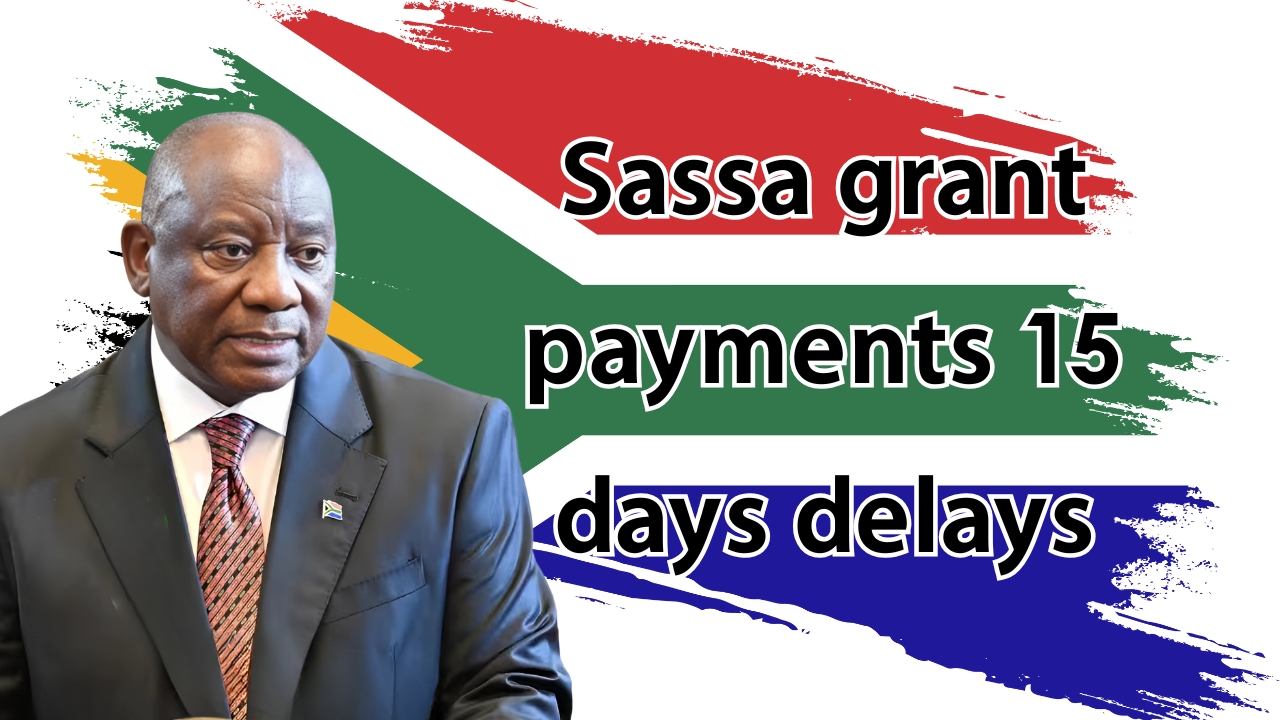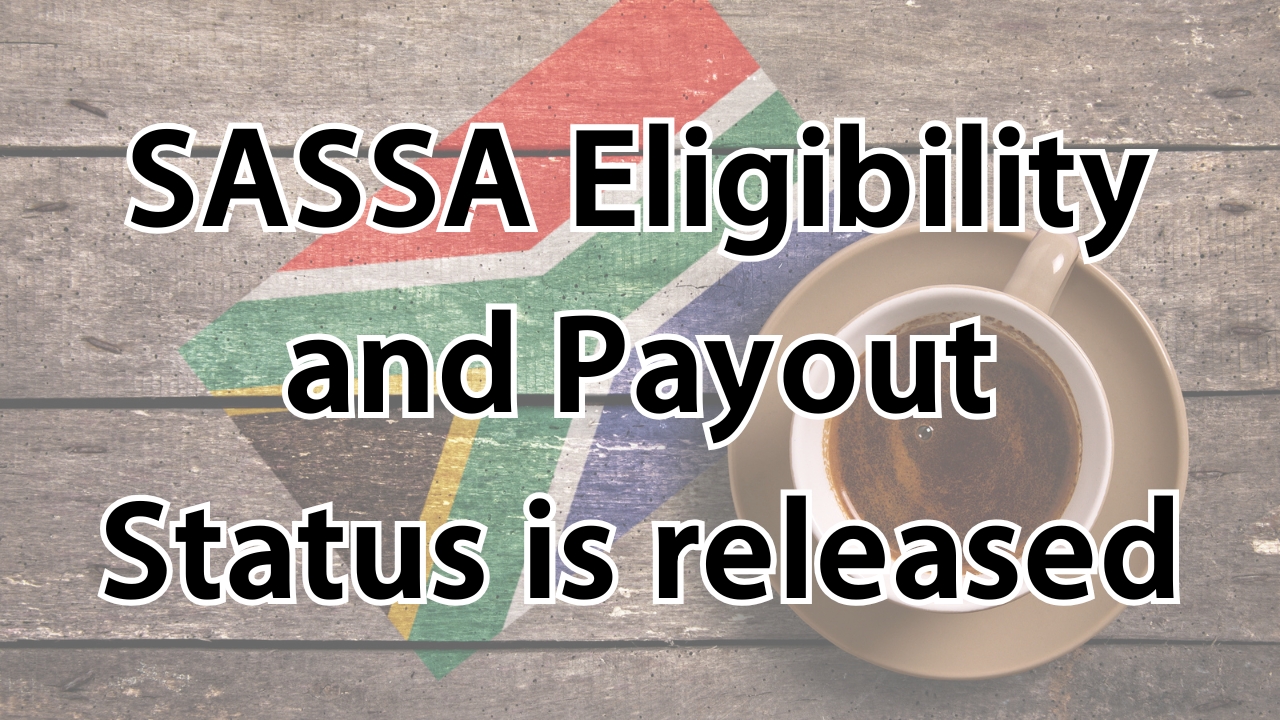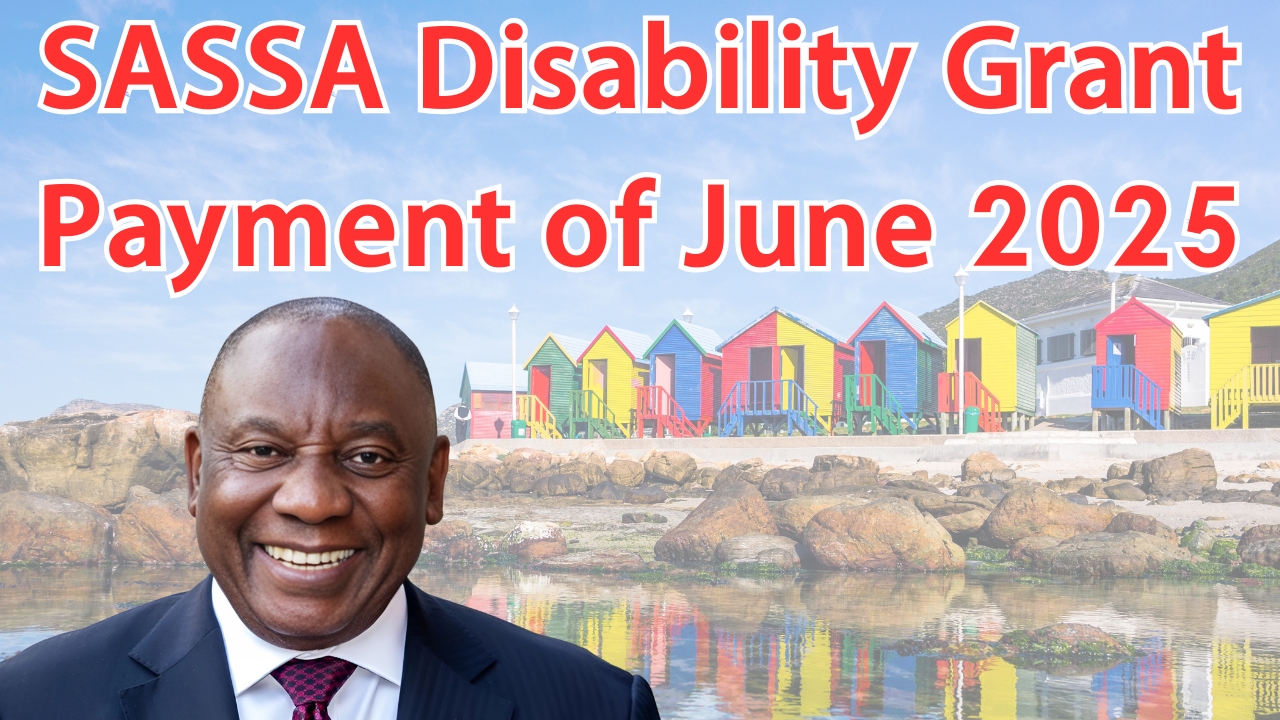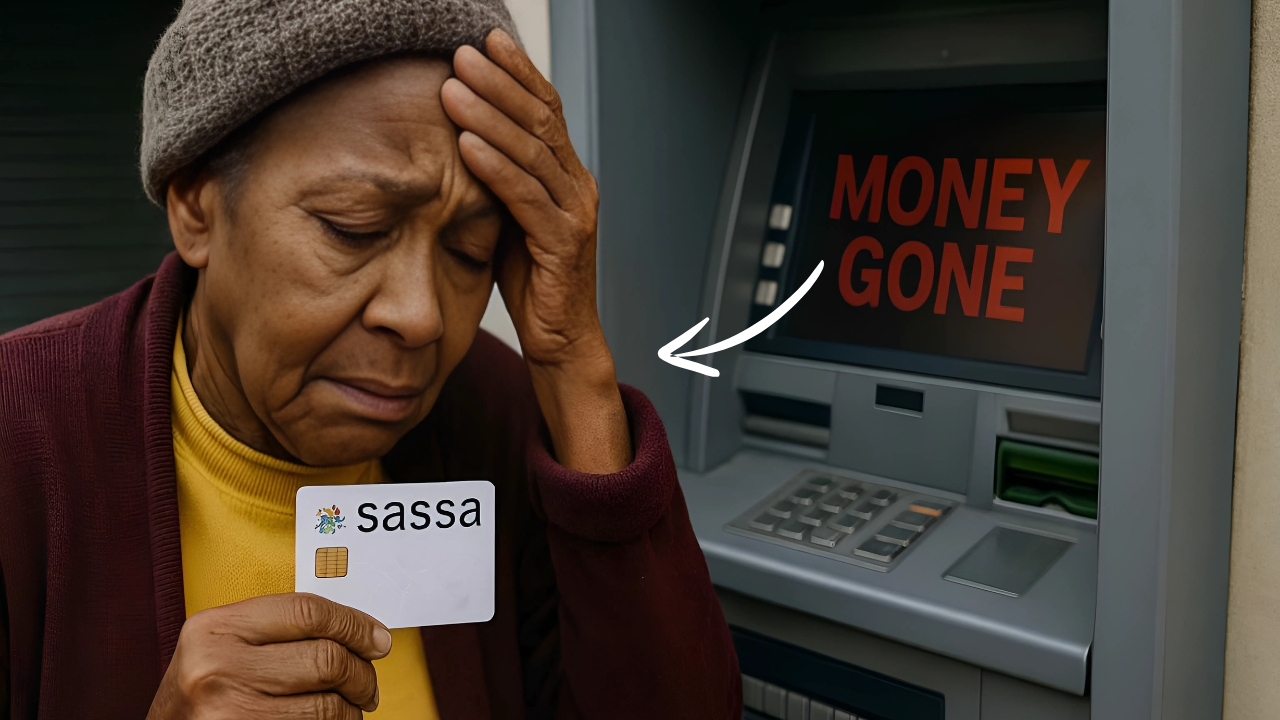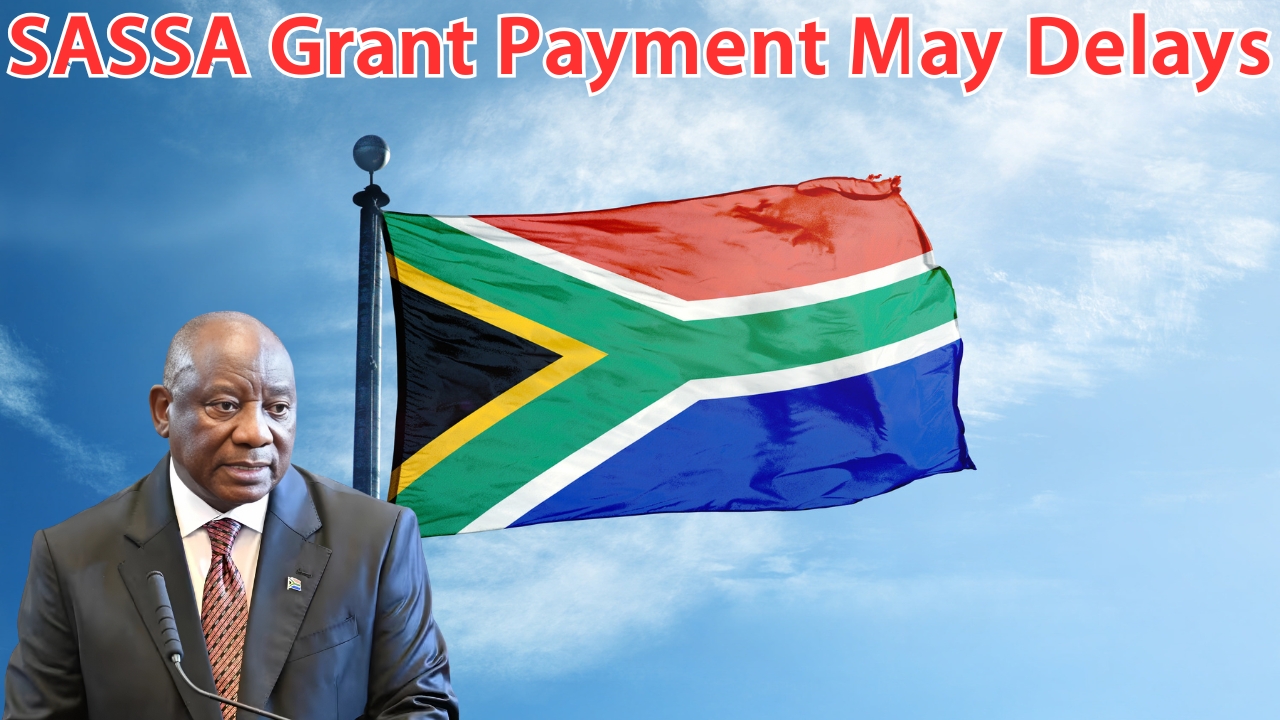The South African Social Security Agency (SASSA) operates one of the world’s most extensive social assistance programs, providing crucial financial support to over 18 million beneficiaries across the country.
These grant payments serve as a vital safety net for South Africa’s most vulnerable populations, including the elderly, disabled individuals, children, and families facing economic hardship.
Understanding how SASSA grant payments work, who qualifies, and how to access these benefits is essential for millions of South Africans who depend on this support for their daily survival.
Overview of SASSA Grant Categories
SASSA administers several distinct grant categories, each designed to address specific vulnerabilities and life circumstances.
The comprehensive system ensures that various forms of social and economic disadvantage receive appropriate support through targeted financial assistance programs.
Older Persons Grants
The Older Persons Grant provides monthly financial support to South Africans aged 60 and above who meet specific income and asset requirements.
This grant recognizes the challenges faced by elderly citizens who may have limited retirement savings or ongoing employment opportunities.
Many older persons grant recipients serve as primary income earners for extended families, making this support crucial for multiple household members.
The 2025 amount reflects significant increases that acknowledge inflation’s impact on elderly households and the rising costs of healthcare, medication, and basic necessities.
The enhanced payment helps maintain dignity and independence for older South Africans while supporting their role in family and community structures.
Disability Grants
Disability Grants support individuals whose medical conditions prevent them from working or significantly limit their employment opportunities.
These grants recognize the additional costs associated with living with disabilities, including medical expenses, assistive devices, specialized transportation, and adapted housing requirements.
The application process requires comprehensive medical documentation and regular reviews to ensure continued eligibility.
The 2025 increases in disability grant amounts provide more meaningful support for recipients’ complex needs while acknowledging the limited income opportunities available to many disabled individuals.
Child Support Grants
Child Support Grants represent SASSA’s largest program by beneficiary numbers, providing R560 per child to eligible caregivers.
These grants support children from birth until age 18, with additional Top-Up Grants of R270 available for qualifying families. The program recognizes that child poverty affects not only immediate welfare but long-term educational and developmental outcomes.
Caregivers must meet specific income thresholds and provide documentation proving their responsibility for child care.
The grant system accommodates various family structures, including situations where children live with grandparents, other relatives, or non-biological caregivers who assume parental responsibilities.
Payment Schedule and Distribution System
SASSA operates on a monthly payment cycle that distributes grants through a carefully organized schedule designed to manage the massive logistical challenge of serving millions of beneficiaries.
The staggered payment system prevents overwhelming banking infrastructure while ensuring all eligible recipients receive their grants within established timeframes.
Monthly Payment Cycle
The payment cycle typically begins in the first week of each month, with different grant categories receiving payments on specific dates.
Older Persons Grants usually receive priority, followed by Disability Grants, and concluding with Child Support Grants and other family assistance programs.
This systematic approach allows SASSA to monitor payment processing in real-time, address technical issues promptly, and provide predictable access to funds for different beneficiary categories.
The schedule accommodates banking holidays and weekends by adjusting payment dates to ensure beneficiaries receive their grants without unnecessary delays.
Payment Methods and Access Points
SASSA offers multiple payment methods to accommodate diverse beneficiary needs and geographic circumstances.
The SASSA payment card remains the primary method for many recipients, providing access through ATMs, retail partners, and dedicated payment points throughout the country.
Bank transfer options allow beneficiaries to receive payments directly into personal bank accounts, offering enhanced security and convenience for those with established banking relationships.
This method provides better financial management tools and reduces the need to travel to payment points.
The retail partnership program has expanded significantly, bringing payment services closer to beneficiaries in rural and underserved areas.
Major retail chains now serve as payment points, offering extended hours and weekend access that provides greater flexibility for grant collection.
Eligibility Requirements and Application Process
SASSA grant eligibility depends on specific criteria related to age, disability status, income levels, and family circumstances.
Understanding these requirements helps potential beneficiaries determine which grants they may qualify for and prepare appropriate documentation for applications.
Income and Asset Tests
Most SASSA grants include means testing that evaluates household income and assets to ensure support reaches those with genuine financial need.
These assessments consider various income sources, including employment earnings, other government benefits, and family support, to determine eligibility and appropriate grant amounts.
The means test thresholds are regularly reviewed and adjusted to reflect economic conditions and ensure that grants continue reaching their intended beneficiaries.
Recent updates have expanded eligibility for some programs while maintaining focus on supporting the most vulnerable populations.
Documentation Requirements
Grant applications require comprehensive documentation including identity documents, proof of income, bank statements, medical certificates for disability grants, and birth certificates for child-related grants.
SASSA has streamlined documentation requirements where possible while maintaining necessary verification standards.
The agency provides detailed guidance about required documentation and assists applicants in understanding what information they need to provide. This support helps reduce application delays and prevents rejections due to incomplete submissions.
Recent Improvements and Enhancements
SASSA has implemented significant improvements to its grant payment system, including enhanced security measures, streamlined application processes, and increased grant amounts that better reflect current economic realities.
Enhanced Security and Fraud Prevention
The agency has deployed advanced verification systems that cross-reference beneficiary information with multiple databases to prevent fraud while ensuring legitimate recipients maintain access to their benefits.
These measures include collaboration with credit bureaus and other government agencies to identify potential irregularities.
Biometric verification requirements for new applications help prevent identity fraud and duplicate benefit claims. These security enhancements protect program integrity while maintaining efficient service delivery for genuine beneficiaries.
Digital Services and Communication
SASSA’s digital transformation includes improved online platforms, mobile-friendly interfaces, and expanded communication channels that help beneficiaries manage their grants more effectively.
These services provide real-time information about payment status, application progress, and important program updates.
The enhanced communication system includes WhatsApp services, automated notifications, and multiple language options that ensure beneficiaries receive timely information about their grants and any requirements for maintaining eligibility.
Economic Impact and Social Benefits
SASSA grant payments generate significant economic activity beyond their direct impact on beneficiaries.
The monthly injection of billions of rand into local economies supports businesses, creates employment opportunities, and stabilizes consumer spending in communities across South Africa.
Research demonstrates that social grants contribute to improved health outcomes, educational achievement, and long-term economic mobility for recipient families.
The programs serve not only as poverty alleviation tools but as investments in human capital development that benefit society broadly.
Sassa grant payments 15 days delays
SASSA continues developing improvements to its service delivery while ensuring long-term program sustainability.
These efforts include technological enhancements, process improvements, and policy developments that strengthen the social assistance system’s effectiveness and efficiency.
The agency’s commitment to continuous improvement reflects recognition that social grants play a crucial role in South Africa’s social and economic stability.
Ongoing investments in system enhancement ensure that these vital programs continue serving vulnerable populations effectively while maintaining public confidence and support.
SASSA grant payments represent a fundamental component of South Africa’s social protection system, providing essential support to millions of citizens while contributing to broader social and economic stability.
Understanding how these programs work helps beneficiaries access available support while appreciating the complex systems that make this assistance possible.
